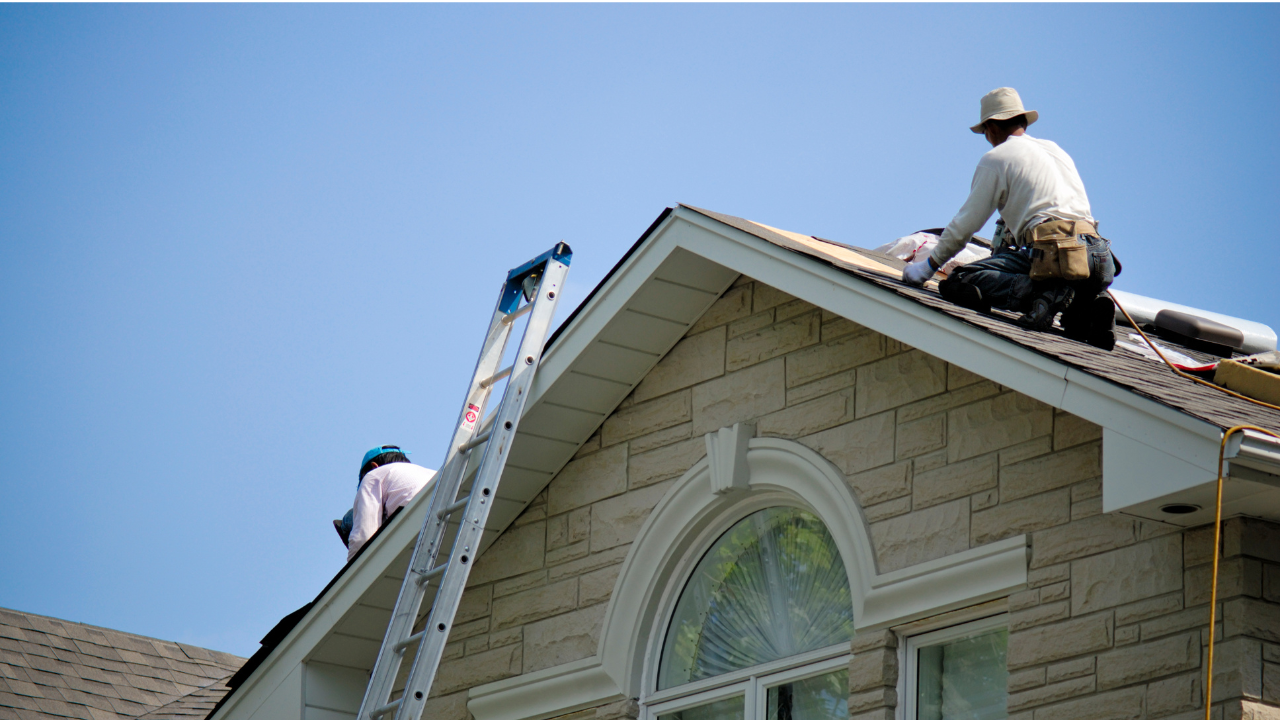1. Why Avoiding Mistakes Matters
Selling your house is a big deal. It’s not just a financial transaction—it’s emotional, strategic, and often stressful. And when mistakes happen, they can cost you thousands of dollars, months of time, and a ton of regret. The good news? Most of the common seller mistakes are completely avoidable if you know what to watch out for.
2. Pricing Pitfalls
Let’s start with the most obvious but often mishandled aspect of selling your home—the price.

2.1 Overpricing Based on Emotion
You love your home. Maybe you’ve raised kids there or poured your soul into remodeling it. But none of that translates directly into market value. Overpricing because “you think it’s worth more” will leave your house sitting stale, and stale listings = lowball offers.
2.2 Underpricing Just to Sell Quickly
On the flip side, underpricing to “just get it over with” is like tossing money in the trash. You deserve a fair deal. Let a professional help you find the sweet spot based on comparable homes, current demand, and market conditions.
3. Ignoring First Impressions
You only get one shot to wow potential buyers—and that starts before they even walk in the door.
3.1 Neglecting Curb Appeal
Dead plants, chipped paint, and an unkept lawn are silent deal-breakers. Buyers will assume the inside is just as neglected. A little landscaping and a fresh coat of paint can work wonders.
3.2 Not Decluttering or Staging Properly
Buyers need to picture themselves in the home. That’s tough to do when your laundry is on the floor or every wall is covered in family photos. Minimalist staging creates space—visually and emotionally.
4. Skipping Repairs and Renovations
That squeaky floorboard or broken faucet? Buyers notice.

4.1 Minor Fixes That Cost You Big Time
Small repairs seem harmless, but they add up in a buyer’s mind. Even worse, they make buyers wonder what bigger problems are hiding.
4.2 Outdated Interiors Turn Off Buyers
Shiny kitchens and modern bathrooms sell homes. If your budget allows, update dated features like old countertops or worn carpeting. It doesn’t have to break the bank—just bring things into the 21st century.
5. Bad Listing Photos and Descriptions
This one’s huge. Your online listing is the first showing most buyers will see.
5.1 Using Low-Quality or Phone Photos
Dark, blurry photos taken from weird angles scream “unprofessional.” Invest in a pro photographer. It’s a small cost with big returns.
5.2 Writing Vague or Inaccurate Descriptions
Don’t copy-paste generic phrases like “charming home” or “must see!” Instead, highlight what makes your house special. Be honest, specific, and engaging.
6. Choosing the Wrong Real Estate Agent
Your agent can make or break your selling experience.

6.1 Not Researching Agent Credentials
Look for someone with experience, local market knowledge, and strong negotiation skills. Read reviews, ask for stats, and don’t just go with the first name you hear.
6.2 Hiring Family or Friends Without Experience
This is your largest asset—not a favor to hand out casually. If your cousin just got their license, maybe let them shadow someone more seasoned.
7. Being Inflexible with Showings
Buyers won’t always come at your convenience. If you make showings difficult or limit access, you could lose out on serious buyers. Flexibility matters—especially in a competitive market.
8. Letting Emotions Ruin Negotiations
This is business. Don’t get offended by low offers or nitpicky requests. Keep calm, lean on your agent, and focus on your end goal: a successful sale.

9. Hiding Issues from Buyers
Trying to cover up problems (like leaks or foundation cracks) will always come back to haunt you. Inspections exist for a reason. Be upfront and avoid legal trouble or lost trust.
10. Not Understanding Closing Costs
Many sellers forget that selling a home doesn’t mean pocketing the full sale price. Commissions, taxes, repairs, and other closing costs can eat into your profits. Plan for these so you're not blindsided.
11.Selling at the Wrong Time
Timing the market isn’t easy, but it matters. Spring and early summer usually bring more buyers. Listing during a slow season could mean fewer showings and lower offers.

12. Not Marketing Aggressively
A “For Sale” sign and an MLS listing won’t cut it anymore. Today’s buyers are on Zillow, Instagram, YouTube, and TikTok. A strong digital marketing plan—complete with video walkthroughs and social media ads—makes a massive difference.
13. Failing to Plan Your Next Move
So you sell your house... then what? You need a clear plan for where you're going, how you’ll finance the next place, and how your timeline lines up. Avoid scrambling by prepping early.

Conclusion: Sell Smart, Not Fast
Selling your home is part strategy, part presentation, and part patience. Avoiding the pitfalls above won’t just save you money—it’ll save you headaches and heartache, too. Work with pros, stay objective, and remember: smart sellers win.
FAQs
1. Should I sell my house without a real estate agent?
You can, but unless you’re experienced in pricing, marketing, and negotiating, going solo could cost you more than it saves.
2. How much do closing costs typically cost a seller?
Expect to pay around 6–10% of the home’s sale price, which includes agent commissions, transfer taxes, and possible concessions.
3. What’s the most common mistake sellers make?
Overpricing is arguably the most common—and most damaging—mistake. It reduces interest and extends time on market.
4. Does staging really make a difference?
Yes! Professionally staged homes often sell faster and for more money because they help buyers emotionally connect to the space.
5. What’s the best time of year to sell a house?
Generally, late spring to early summer is ideal due to increased buyer demand and better weather for moving.

.png)
